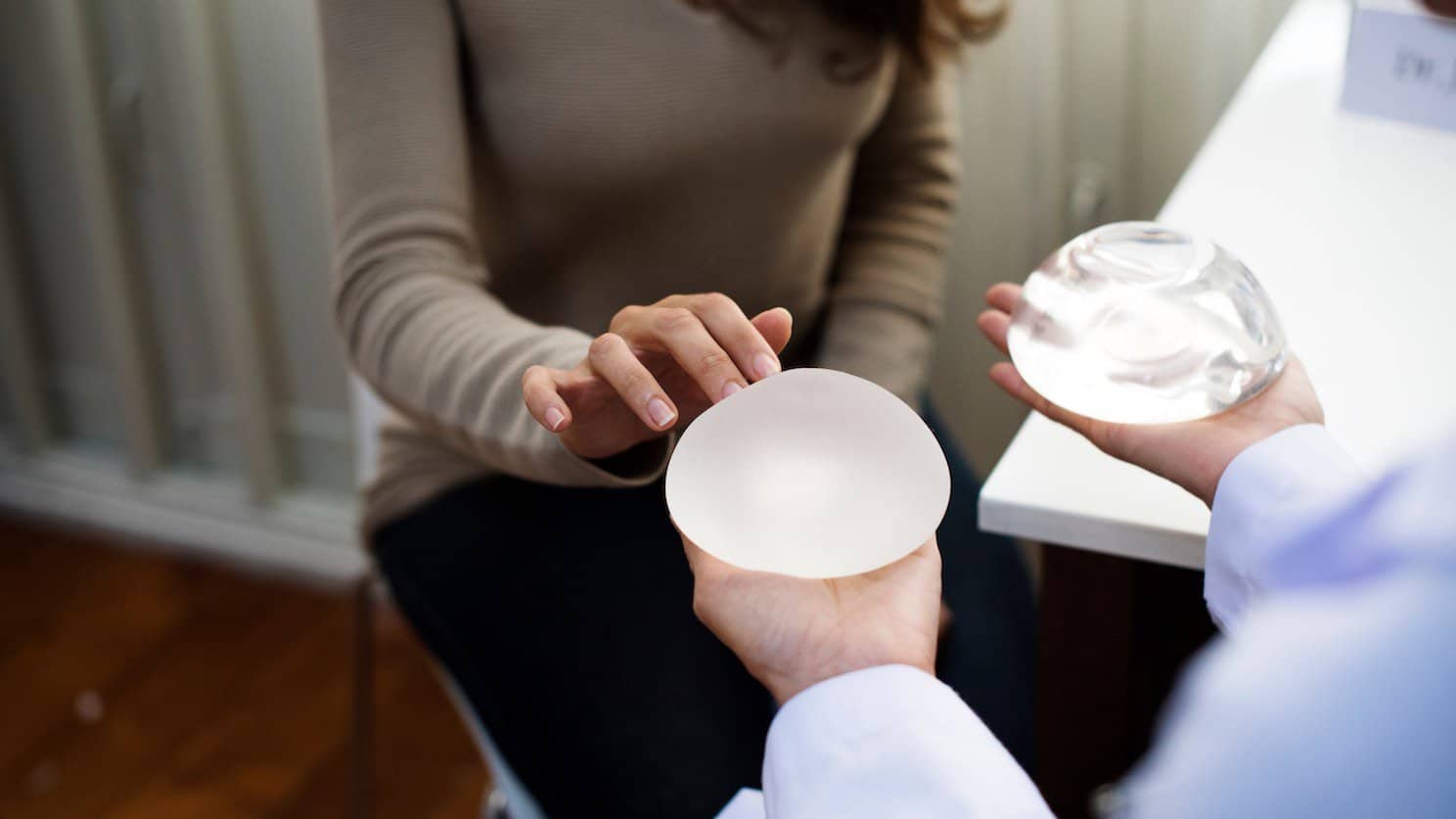The year 2011 ended badly for a large number of women around the world who received implants manufactured by Poly Implant Prothèse (PIP). The now defunct French company strayed from standard practice and used industrial-grade silicone in their implants rather than the more expensive medical grade silicone. PIP’s implants also lack the extra protective layer usually found in silicone breast and other implants, making them more prone to rupture.
By the time the French medical authorities and the French consumer health agency (FSSAPS) arrived on the scene and recommended precautionary removal of suspect implants in over 30,000 women in France, close to 400,000 women in 65 countries had already received these faulty implants. This figure includes over 8,900 Australians, more than 50,000 women in the UK, 15,000 women in Colombia and over 25,000 in Brazil. While PIP implants were not used in the United States, there are concerns about women who travelled to South American nations who may have received faulty implants.
French Reaction
In recommending the removal of implants, French authorities denied any known link to cancer in cases of leaked silicone gel from ruptured implants. Their focus has been mainly on how possible leaks can irritate body tissue, leading to damaging inflammation.
So far, none of the other countries have observed the high levels of implant rupture observed in France—around 5 percent—and governments in those countries have reassured implant recipients that no association with cancer has been found.
UK Find No Safety Issues
The Medicines and Healthcare products Regulatory Agency (MHRA), the UK’s health watchdog, found no safety issues with the implants. Medical Director Susanne Ludgate has stated, “from the point of view of the toxicity of the filler, we did extensive testing and we found no cause for concern in terms of safety issues or chemical issues.” She acknowledged the concerning issue of breast-fed babies possibly receiving some form of the silicone toxin, although experts see no danger on this account. Consequently, British authorities are not recommending “routine removal” of the implants. However, British doctors are advocating that women who are worried should have the implants removed for peace of mind.
In a later development, both German and Czech health authorities have joined the French in advising the removal of PIP implants, citing an increased risk of rupture.
Australian Doctors Recommendation for PIP Implants
The Australian Society of Plastic Surgeons does not believe Australian women should panic and follow suit. The Society’s President, Associate Professor Rod Cooter, stated that the PIP implants used in Australia were rigorously tested by the Australian Therapeutic Goods Administration (TGA) and were found to be of equivalent quality to comparable implants. “We are closely monitoring the situation and working with our international counterpart plastic surgical societies,” he stated. “Our message to those Australians with breast implants is that there is no need for alarm. This situation underscores the need for an international breast device registry for all patients having implants for cosmetic or reconstructive surgery.” He encouraged all doctors, surgeons and patients to register their implant details in the Breast Implant Registry managed by the Australian Society of Plastic Surgeons. Once registered, the Society can contact people in a timely way should the need arise.
In the meantime, an expert committee set up by the TGA has also examined the faulty breast implants and concluded that they do not pose a risk to Australian women.
Acting Health Minister, Nicola Roxon, confirmed that an increased rupture rate has not been observed by the TGA for PIP implants in Australia. She acknowledged that there was no official record of how many women have been fitted with PIP implants. It was estimated that about 9,000 implants have been used in around 5,000 Australian women. “We do need to make clear to women that our current advice is that there is no particular additional risk,” Ms. Roxon further stressed.
What Can You Do?
Despite the lack of government records, most surgeons have records of the type of implants used on their patients. If you have any concerns about your own implants, consult your doctor to find out whether the implants you received are made by PIP. If they are not, you have little to worry about. If they are, your surgeon may recommend an MRI to establish whether your implants are intact. If your implants lose their shape or appear ruptured, contact your surgeon immediately.
